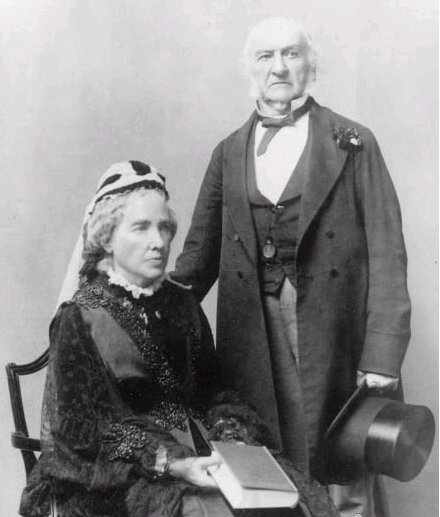 Not all philosophers, it must be said, have a way with words. Here, for example, is Martin Heidegger on the subject of "sense certainty":
Not all philosophers, it must be said, have a way with words. Here, for example, is Martin Heidegger on the subject of "sense certainty":
Da-sein is a being that does not simply occur among other beings. Rather it is ontically distinguished by the fact that in its being this being is concerned about its very being. Thus it is constitutive of the being of Da-sein to have, in its very being, a relation of being to this being. And this in turn means that Da-sein understands itself in its being in some way and with some explicitness. It is proper to this being that it be disclosed to itself with and through its being. Understanding of being is itself a determination of being Da-sein. The ontic distinction of Da-sein lies in the fact that it is ontological.
Clearly, this sort of thing will rob more sober readers of their will to live. Imagine, then, what it would be like if you were dating Heidegger, and the great philosopher, in between penning paeans to the Fatherland, decided to write you a love letter. The chances are that it would contain passages such as this one:
We change ourselves into that which we love, and yet remain ourselves. Then we would like to thank the beloved, but find nothing that would do it adequately. We can only be thankful to ourselves. Love transforms gratitude into faithfulness to ourselves and into an unconditional faith in the Other. Thus love steadily expands its most intimate secret. Closeness here is existence in the greatest distance from the other – the distance that allows nothing to dissolve – but rather presents the “thou” in the transparent, but “incomprehensible” revelation of the “just there.” That the presence of the other breaks into our own life – this is what no feeling can fully encompass.
To which Hannah Arendt, the recipient of the letter, must presumably have been tempted to reply, "What on earth are you going on about?".
Still, as a heartfelt expression of love, it perhaps beats this passage penned by William Gladstone, which, rather extraordinarily, formed part of a marriage proposal:
I seek much in a wife in gifts better than those of our human pride, and am also sensible that she can find little in me: sensible that, were you to treat this note as the offspring of utter presumption, I must not be surprised: sensible that the lot I invite you to share, even if it be not attended, as I trust it is not, with peculiar disadvantages of an outward kind, is one, I do not say unequal to your deserts, for that were saying little, but liable at best to changes and perplexities and pains which, for myself, I contemplate without apprehension, but to which it is perhaps selfishness in the main, with the sense of inward dependence counteracting an opposite sense of my too real unworthiness, which would make me contribute to expose another — and that other!
Amazingly enough, Gladstone's proposal, which in context was actually rather sweet, met with success, and his marriage to Catherine Glynne, endured for 59 years until his death in 1898.
(Sources: Andrew Shaffer, Great Philosophers Who Failed At Love; Douglas Hurd, Disraeli)







